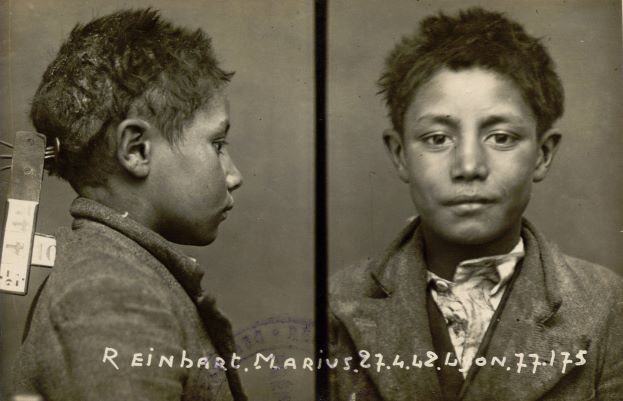International conference: Chosen Portraits, Subjected Portraits
The Relations of Power and Domination in Portrait Photography (1840-2000)

On May 26 and 27, 2021, the international colloquium "Chosen Portraits, Subjected Portraits : The Relations of Power and Domination in Portrait Photography (1840-2000) will be held at the University of Namur. The product of a partnership between UNamur, UCL and Cegesoma/Archives de l'Etat, this colloquium, initiated by the research group "Histoire, son et images" (Hisi), aims to consider photography both in terms of the portrait technique and as a carrier and revealer of relations of domination.
Since it confronts a photographer and a photographed person in a given context, and is likely to involve "dominants" and "dominated", the photographic portrait appears as a potentially revealing source of hierarchical relations, but also of relations and/or identity (re)positioning. The image can also play the role of a troublemaker: a reflection of dominant relationships, it can also provoke subversive or complicit appropriations.
The decision to study a particular type of image in very diverse contexts has the objective of contributing to two important trends: first, to fully integrate photography into the sources of historians (of colonization, gender, medicine, occupations ...) and, second, to deepen, through the intersection of case studies, critical, epistemological and methodological issues specific to the photographic portrait that arise for those who attempt to exploit them in their entire scope.
With some fifteen contributions, the field covered resolutely opted for the long term and geographical diversity since the areas covered include Europe, Africa and the Orient. Four angles of approach to photographic portraits will be privileged: colonial space, the question of surveillance, enclosed spaces and, finally, the gender prism. The discussions will be led by researchers from different geographical and academic backgrounds.



